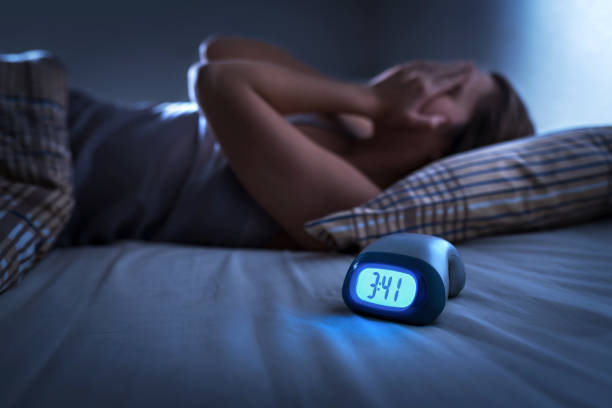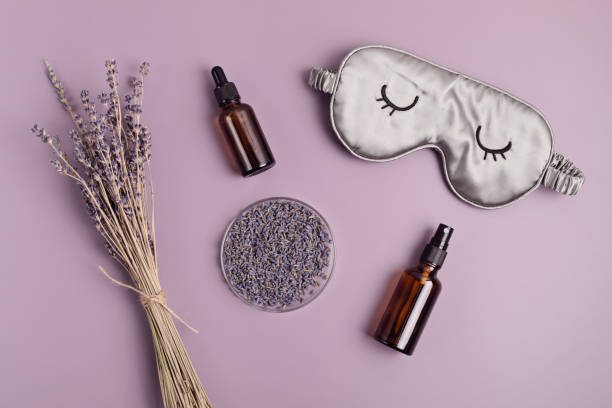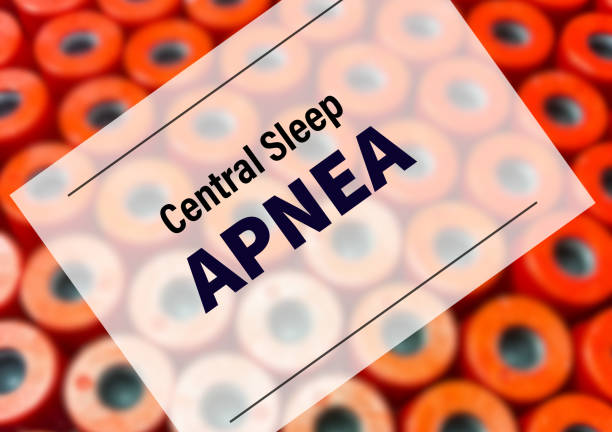Sleep hygiene refers to the practices and habits that are conducive to sleeping well on a regular basis. Good sleep hygiene is essential for maintaining overall health, cognitive function, and emotional well-being. With the increasing prevalence of sleep disorders and poor sleep quality, understanding and implementing effective sleep hygiene strategies can significantly improve both the quantity and quality of sleep. This article explores the importance of sleep hygiene, common sleep issues, and practical tips for achieving restful and restorative sleep.

The Importance of Sleep Hygiene
- Physical Health:
- Restoration and Repair: Sleep is crucial for the body’s repair and restoration processes. During sleep, the body heals tissues, regenerates cells, and supports immune function. Poor sleep can impair these processes and increase susceptibility to illness.
- Weight Management: Inadequate sleep can disrupt hormonal balance, leading to increased appetite and weight gain. Proper sleep supports healthy metabolism and weight regulation.
- Cardiovascular Health: Quality sleep is linked to better heart health. Poor sleep can contribute to high blood pressure, cardiovascular disease, and increased risk of stroke.
- Mental Health:
- Cognitive Function: Sufficient sleep enhances cognitive functions such as memory, concentration, and problem-solving skills. Chronic sleep deprivation can impair these functions and affect daily performance.
- Emotional Regulation: Good sleep helps regulate mood and reduce stress. Sleep deprivation is associated with irritability, mood swings, and increased risk of mental health conditions such as anxiety and depression.
- Overall Well-being:
- Energy and Productivity: Quality sleep contributes to higher energy levels and improved productivity. Well-rested individuals are more focused, motivated, and efficient in their daily tasks.
- Quality of Life: Adequate sleep supports a better overall quality of life, including improved relationships, better physical fitness, and enhanced daily functioning.
Common Sleep Issues
- Insomnia:
- Difficulty Falling or Staying Asleep: Insomnia is characterized by difficulty falling asleep, staying asleep, or waking up too early and not being able to go back to sleep. It can be acute or chronic and may be caused by stress, anxiety, or other factors.

- Sleep Apnea:
- Interrupted Breathing: Sleep apnea involves repeated interruptions in breathing during sleep, often due to airway obstruction. It can lead to fragmented sleep, daytime fatigue, and other health issues.
- Restless Legs Syndrome (RLS):
- Uncomfortable Sensations: RLS is characterized by uncomfortable sensations in the legs and an urge to move them, especially at night. This can disrupt sleep and lead to difficulty falling asleep.
- Narcolepsy:
- Excessive Daytime Sleepiness: Narcolepsy is a chronic sleep disorder marked by excessive daytime sleepiness, sudden sleep attacks, and disrupted nighttime sleep.
Tips for Improving Sleep Hygiene
- Establish a Consistent Sleep Schedule:
- Regular Sleep-Wake Times: Go to bed and wake up at the same time every day, even on weekends, to regulate your body’s internal clock and improve sleep consistency.
- Bedtime Routine: Develop a calming bedtime routine that signals to your body that it’s time to wind down. This can include activities such as reading, listening to soothing music, or practicing relaxation techniques.
- Create a Sleep-Conducive Environment:
- Comfortable Sleep Space: Ensure your bedroom is comfortable, cool, and quiet. Invest in a supportive mattress and pillows that suit your sleep preferences.
- Minimize Light and Noise: Use blackout curtains to block external light and consider using white noise machines or earplugs to reduce disruptive sounds.
- Limit Exposure to Screens:
- Reduce Blue Light: Avoid screens such as smartphones, tablets, and computers at least an hour before bedtime. The blue light emitted by these devices can interfere with the production of melatonin, a hormone that regulates sleep.
- Use Night Mode: If you must use electronic devices before bed, enable “night mode” or “blue light filter” to reduce the impact of blue light on your sleep.
- Be Mindful of Food and Drink:
- Avoid Caffeine and Alcohol: Limit consumption of caffeine and alcohol, especially in the hours leading up to bedtime. Caffeine can interfere with the ability to fall asleep, while alcohol can disrupt sleep patterns.
- Light Evening Meals: Opt for light, easily digestible meals in the evening. Avoid heavy or spicy foods that may cause discomfort or indigestion.

- Engage in Physical Activity:
- Regular Exercise: Incorporate regular physical activity into your daily routine, but try to finish exercising at least a few hours before bedtime. Exercise can help promote better sleep, but exercising too close to bedtime may have the opposite effect.
- Manage Stress and Anxiety:
- Relaxation Techniques: Practice relaxation techniques such as deep breathing, meditation, or progressive muscle relaxation to manage stress and promote relaxation before bed.
- Address Worries: If racing thoughts or worries keep you awake, consider keeping a journal to jot down your thoughts or develop a plan to address any concerns.
- Seek Professional Help if Needed:
- Consult a Sleep Specialist: If you experience persistent sleep problems or symptoms of sleep disorders, consult a healthcare professional or sleep specialist for a comprehensive evaluation and personalized treatment options.
- Therapy and Counseling: Consider therapy or counseling if stress, anxiety, or other emotional issues are affecting your sleep. Addressing underlying mental health concerns can improve sleep quality.
Conclusion
Sleep hygiene is a fundamental aspect of maintaining good health and well-being. By implementing effective sleep hygiene strategies, such as establishing a consistent sleep schedule, creating a comfortable sleep environment, and managing stress, individuals can improve the quality of their sleep and overall health. Prioritizing good sleep hygiene not only enhances physical and mental health but also contributes to a more vibrant and fulfilling life. Embrace these practices to foster better sleep and enjoy the benefits of a well-rested and energized lifestyle.

